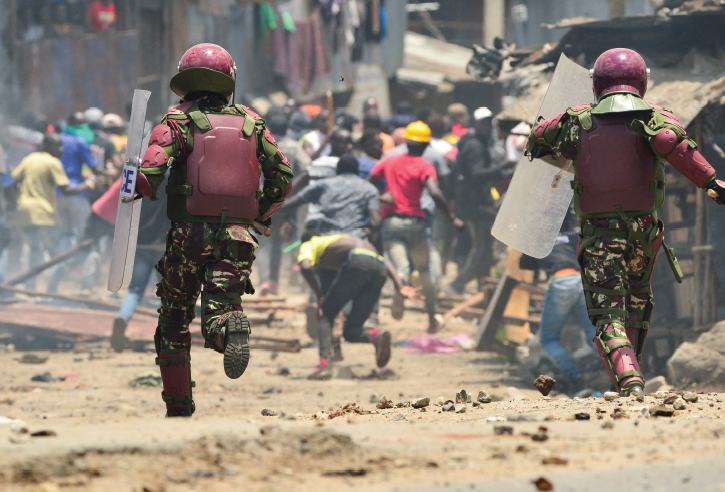Last week, Kenya’s Cabinet Secretary for Interior and National Administration, Kipchumba Murkomen, did something both alarming and deeply irresponsible. He issued a shoot-to-kill directive to police officers, targeting anyone who “attempts to attack” the police during protests. While such a statement may win him points with hardliners who view protestors as an inconvenience, it is, in every possible way, a betrayal of the Constitution, a threat to public safety, and a green light for impunity.
Coming at a time when public trust in the National Police Service is at an all-time low, Murkomen’s remarks are not just tone-deaf; they are incendiary. They feed into an already toxic culture of police violence, where extrajudicial killings have become tragically routine, and where minors and innocent bystanders are often caught in the crossfire of an institution meant to protect them.
Protest is not a crime. The right to peaceful assembly is guaranteed under Article 37 of our Constitution. Even where protests turn chaotic, law enforcement is required to act with restraint, professionalism, and within the bounds of the law. Yet what we have witnessed in recent months is a disturbing pattern: live bullets used against crowds, police fist bumping with aggressors, the deaths of unarmed civilians—including children—and almost zero accountability.
Murkomen’s shoot-to-kill comment does not happen in a vacuum. It happens against the backdrop of over 60 protest-related deaths in the past year, reports of minors and bystanders shot, a trend of disappeared critics of the government and IPOA investigations being delayed, undermined, or flatly ignored.
So when a senior government official tells police to “shoot to kill,” we must ask: what exactly is he endorsing?
With his title and platform, Murkomen commands influence, and influence, in moments like these, can become incitement.
The law is clear: lethal force is only permissible as a last resort, and only when there is an imminent threat to life, not in response to protests or property destruction. By encouraging lethal responses to any “attack,” Murkomen is promoting an interpretation of law that circumvents due process and puts lives—especially of young, poor, and marginalized Kenyans—at further risk.
Police officers are already operating in an environment where accountability is weak, public sentiment is hostile, and operational guidelines are ignored. The CS’s comments act as a dog whistle to rogue officers, signalling that brutality will be tolerated—perhaps even rewarded.
Let us be clear: it is not armed criminals who will suffer the effects of Murkomen’s dangerous rhetoric. It is a high school student on his way to borrow a book from a colleague, mask sellers by the roadside, youth marching with placards, and curious onlookers. These are the people who end up with bullets in their chests and brains.
We have seen it before, in Kibera, where police shot tear gas into homes, killing infants. Across the country, where bodies turned up in morgues, unnamed and unclaimed. In many counties, journalists were shot and some beaten, phones smashed, and footage erased.
Now, imagine that kind of unchecked force, amplified by a Cabinet Secretary’s call to shoot.
At a time when Kenya is grappling with a volatile political moment, leaders should be calming tensions, not fueling the fire. Murkomen’s remarks are not only a moral failure—they are a security risk. They embolden a trigger-happy culture, legitimize violence against civilians, and undermine any efforts at police reform.
Leadership requires responsibility. The power of the word, especially from those in high office, must not be underestimated. CS Murkomen must retract and apologise—not because activists demand it, but because lives depend on it.
Mathias T. Kinyoda is Amnesty International Kenya’s Public Communications and Engagement Manager and writes in his personal capacity. Email: [email protected]


